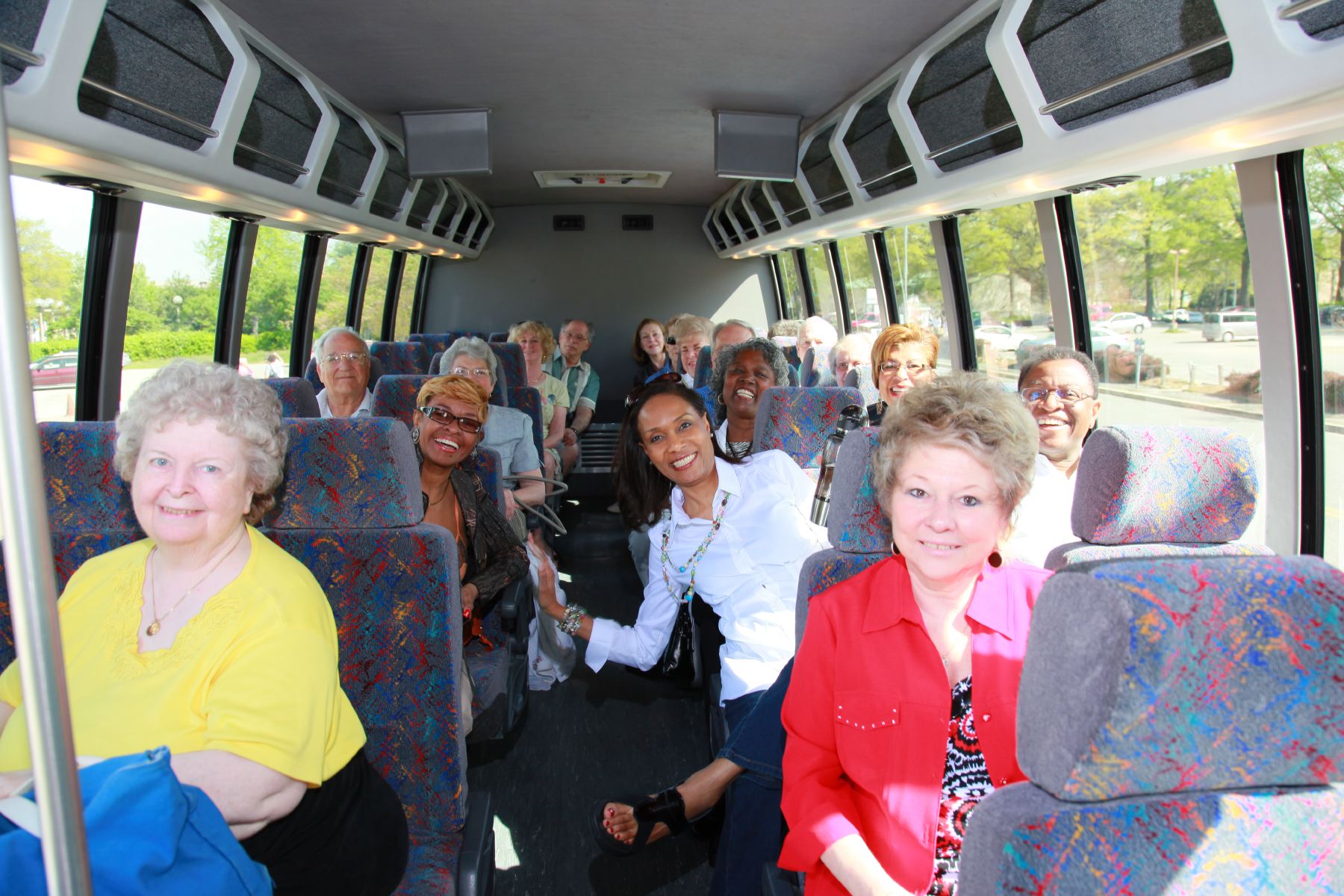Senior travel service is booming, driven by an aging population with a thirst for adventure and new experiences. This burgeoning sector caters to the unique needs and preferences of older travelers, offering a range of services from escorted tours and all-inclusive packages to customized itineraries focusing on accessibility and inclusivity. Understanding the market’s demographics, marketing strategies, and technological advancements is key to success in this rapidly evolving field.
The industry is adapting to meet the specific requirements of senior travelers, addressing concerns about accessibility, safety, and personalized service. Providers are leveraging technology to enhance the booking process, offer support, and ensure a seamless travel experience. From mobile apps to virtual tours, innovation plays a crucial role in shaping the future of senior travel.
Legal and Ethical Considerations: Senior Travel Service
The senior travel market, while offering immense opportunities for enriching experiences, necessitates a robust ethical and legal framework to protect vulnerable consumers. Providers must navigate complex regulations and maintain the highest standards of transparency and accountability to ensure the safety and well-being of their clients. Failure to do so can lead to significant legal repercussions and irreparable damage to reputation.Transparency and Honesty in Marketing and Sales are Paramount.
Deceptive marketing practices, misleading advertising, and hidden fees are not only unethical but also illegal in many jurisdictions. Senior travelers are particularly susceptible to misleading information due to potential cognitive decline or decreased technological literacy. Providers must accurately represent all aspects of their services, including pricing, itineraries, accommodations, and any potential limitations. This includes clearly stating any exclusions or additional costs that may apply.
Marketing and Sales Practices
Accurate and clear communication is essential. Brochures, websites, and sales presentations should avoid ambiguous language and present all information in a straightforward and easily understandable manner. For example, a tour operator should explicitly state whether a “luxury” hotel implies a specific star rating or level of service, rather than relying on subjective interpretations. Furthermore, any testimonials or endorsements used should be genuine and verifiable.
False advertising, including exaggerated claims about the quality of services or the expertise of guides, can lead to legal action and loss of consumer trust.
Responsibilities of Travel Service Providers
Travel service providers bear a significant responsibility for the safety and well-being of their senior clients. This extends beyond simply arranging transportation and accommodation. Providers should implement measures to address the specific needs of older travelers, such as providing accessible transportation, arranging appropriate accommodations for those with mobility issues, and offering assistance with luggage or other personal needs.
Adequate medical insurance and emergency assistance plans should be clearly Artikeld and readily accessible to clients. In cases where a senior traveler requires special medical attention or assistance, the provider should be prepared to arrange necessary support and contact appropriate medical personnel.
Addressing Fraud and Scams
The senior travel industry is unfortunately susceptible to fraud and scams. Examples include fraudulent tour operators who fail to deliver promised services, scams involving fake travel deals or package offers, and instances of price gouging. To address these concerns, providers should implement robust verification procedures for partners and suppliers, and ensure that all transactions are secure and transparent.
Furthermore, promoting awareness among senior travelers about common scams and providing resources to help them identify and avoid fraudulent activities is crucial. This can include educational materials, workshops, or collaborations with consumer protection agencies.
Best Practices for Ethical Conduct, Senior travel service
Several best practices contribute to ethical conduct in the senior travel market. These include obtaining informed consent from clients before processing any personal data, adhering to strict data privacy regulations, providing clear and accessible terms and conditions, and establishing transparent complaint and dispute resolution mechanisms. Regular training for staff on ethical conduct, customer service, and the specific needs of older travelers is vital.
Furthermore, proactively seeking feedback from clients and using this feedback to improve services and address any concerns demonstrates a commitment to ethical and responsible business practices. Membership in reputable industry associations and adherence to their codes of conduct can also provide a framework for ethical operation.
The senior travel service market presents significant opportunities for businesses willing to cater to the specific needs of this growing demographic. By focusing on accessibility, personalized service, and leveraging technology, providers can build trust and create unforgettable travel experiences for older adults. The future of senior travel is bright, promising continued growth and innovation in a sector dedicated to fulfilling the wanderlust of a discerning clientele.
Check what professionals state about over 55 travel and its benefits for the industry.



